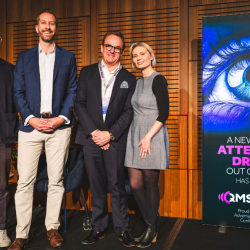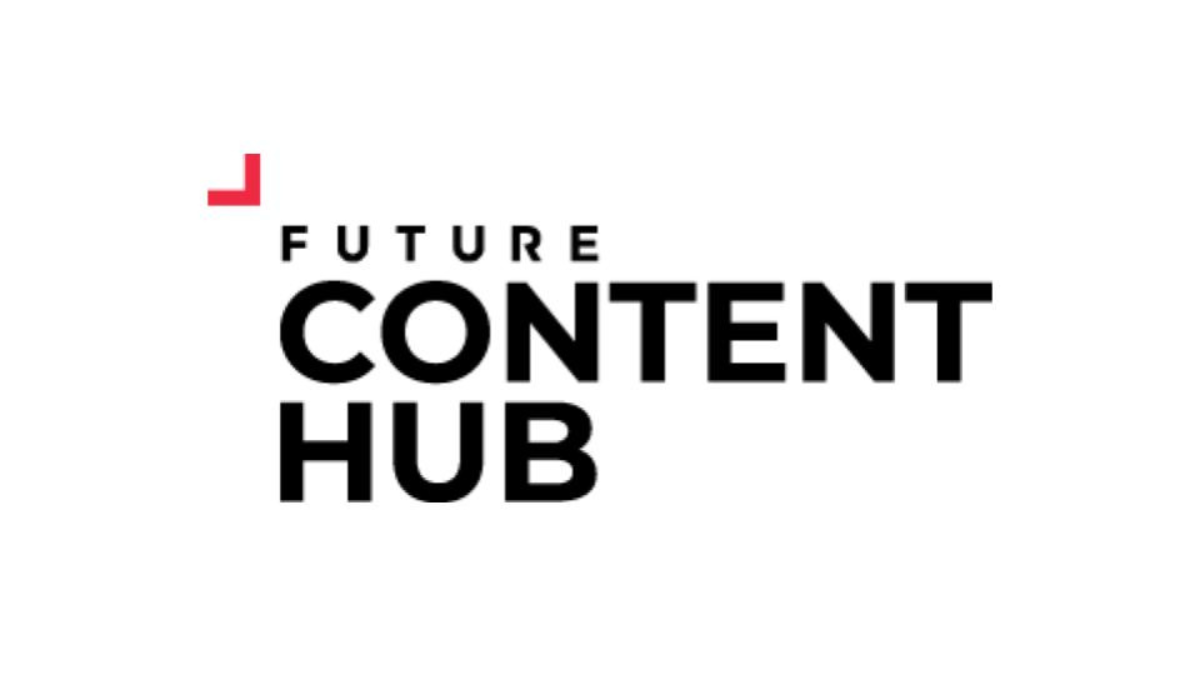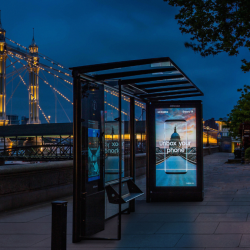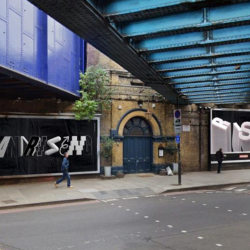According to a new survey, more than two-thirds of people (70%) find digital advertising annoying and unpleasant, and 72% say that bad advertising experiences have negatively affected their perception of a brand.
The survey, from user-first media platform Picnic, in partnership with global public opinion company YouGov, reveals that poor advertising experiences not only achieve diminishing return, but actively turn consumers off infringing brands.
Survey respondents identified ‘too many ads’ as the number one most annoying UX issue, followed by blocked screen content, accidental clicks, slow load speeds, and unstable page content, in that order.
Other key highlights from the survey:
- 66% say annoying or intrusive ad experiences reduce their trust in the brand advertising
- 71% agree that annoying or intrusive ad experiences make them less likely to purchase from that brand in future
- 86% of people agree that too many ads on a webpage makes them feel overwhelmed and more likely to ignore the adverts
- 71% of people agree they’d have a more positive perspective of digital ads if they loaded quickly and didn’t force clicks or block content.
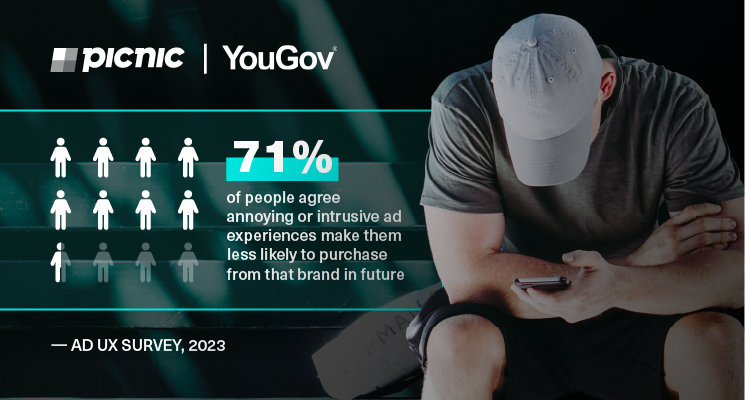
Despite these negative attitudes, respondents are still fundamentally in favour of an ad-funded web. The majority of respondents (56%) agree that they enjoy reading free content from reputable publishers, and over a third of people (39%) say they like discovering new products and brands on the open web.
71% of participants also said they’d be more likely to feel positively towards ads if they were fast-loading, and didn’t force clicks or block content.
Commenting on the survey, Matthew Goldhill, Founder & CEO, Picnic, said: ‘If brands and media planners can shift their approach towards prioritising ad solutions that resolve user experience issues on the web, we as an industry can drastically reduce the amount of ineffective, wasted and even damaging ad spend. This would not only be better for the environment, but would also help to drive more meaningful engagement and returns for brands.‘
Featured image: YouGov




